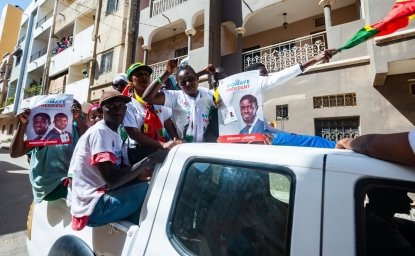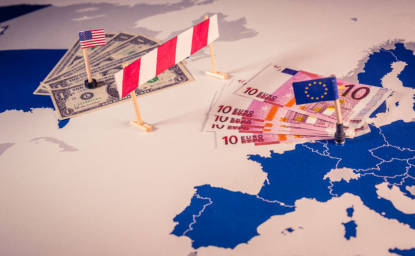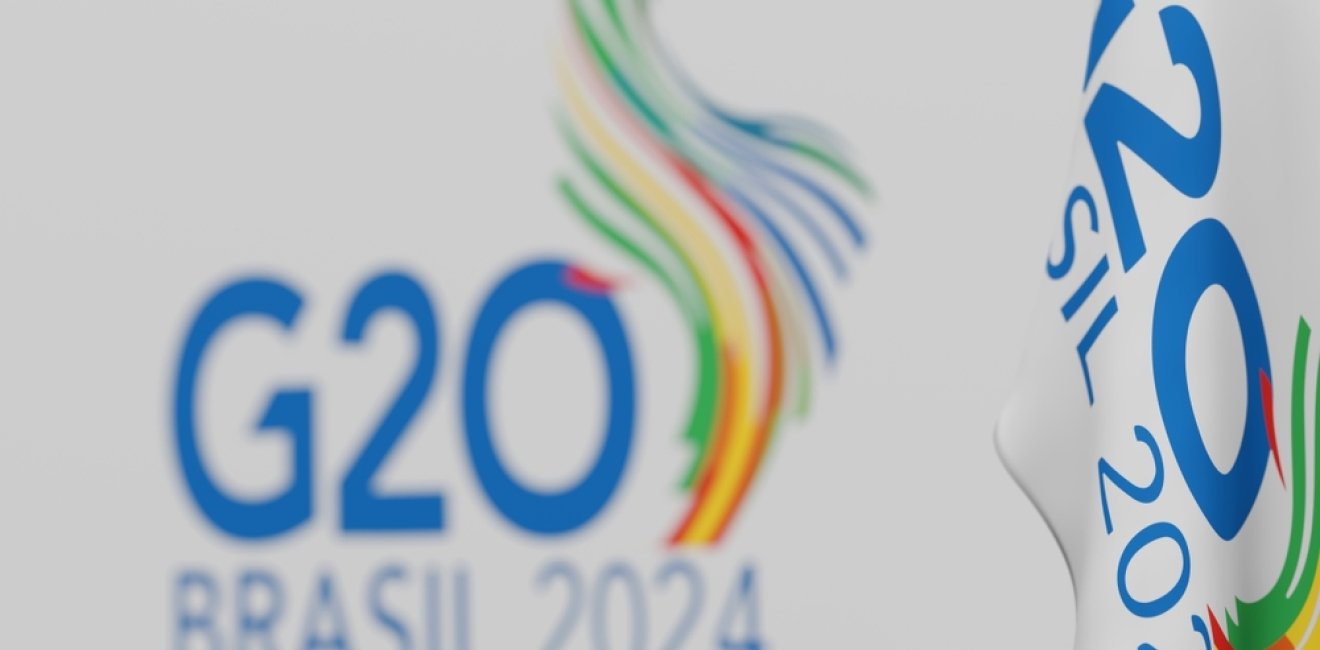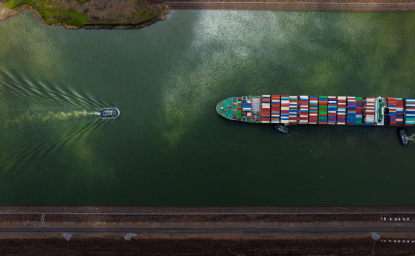As we reach halfway through Brazil’s G20 presidency, it’s time to assess the proposals put forward by all member countries, with a special focus on Brazil’s coordination of various tracks and working groups. An important moment for concrete action occurred during the G20—Finance in Common System (FiCS) Joint Event on May 20 and 21, 2024, in Rio de Janeiro.
The FiCS event emphasized the vital role of development banks in promoting sustainable development and the potential for global coordination to tackle significant challenges. It brought together over 530 development banks, managing over USD 23 trillion in assets and investing about USD 2.5 trillion annually—over 10% of global investments. Discussions focused on their role in funding the Paris Agreement, the Kunming-Montreal biodiversity framework, and the UN Agenda 2030.
As the Special Envoy to the FiCS, I presented detailed recommendations to G20 working groups, including the Sustainable Finance Working Group (SFWG), the International Financial Architecture Working Group (IFA WG), the Infrastructure Working Group (IWG), and the Task Force for the Global Mobilization against Climate Change (TF CLIMA).
Participants emphasized synergies between the G20 and Development Banks’ agendas, urging cohesive efforts to achieve the UN Sustainable Development Goals (SDGs) and mobilize the private sector. These recommendations, arriving before the Finance Ministers’ meeting in July 2024, align with Brazil’s G20 priorities: fighting inequality, promoting social inclusion, combating hunger, addressing climate change, promoting energy transition, sustainable development, and reforming global governance institutions.
The opportunities for advancing a global development agenda are part of a document called “Key Takeaways and Recommendations by the Finance in Common Chairman to the Brazilian Presidency of the G 20.” These recommendations cover six different areas, starting with a reform of the global financial architecture, the setup of country platforms, the ramp-up of concessional and innovative financial solutions for biodiversity and climate, the radical increase of blended finance and private capital mobilization for resilient infrastructure, the scaling local and subnational finance and finally the structural removal if bottlenecks to unlock Development Bank’s contribution to a global development agenda.
On the Reform of the Global Financial Architecture
The reform of the international financial architecture currently focuses on the Bretton Woods institutions and the Multilateral Development Banks (MDBs) system. Development Banks have invited the G20 to consider the rest of the architecture, meaning all the institutions gathered within Finance in Common System. Providing guidance and incentives to this broader group could significantly accelerate the implementation of G20 initiatives.
It’s essential to note the recent IMF board decision on reallocating Special Drawing Rights (SDR) through Multilateral Development Banks’ balance sheets. A streamlined and unified accreditation process is crucial for easier access to resources from key multilateral funds such as the Green Climate Fund, Global Environment Facility, Adaptation Fund, Loss and Damage Fund, Climate Investment Funds, Global Partnership on Education, Pandemic Fund, and Global Fund.
Setting up country platforms
These platforms aim to connect stakeholders—governments, the private sector, and civil society—to finance sustainable development, aligning UN SDGs with national development plans.
Development Banks are particularly well-positioned to understand the social and political contexts necessary for a just transition. They bring valuable local knowledge and experience, ensuring that development efforts are tailored to the specific needs and circumstances of each country in each country of the world, can significantly enhance cooperation country ownership, enhance financial mobilization, and impact in achieving the Sustainable Development Goals (SDGs) and aligning with the Paris Agreement.
Ramping Up Concessional and Innovative Financial Solutions for Biodiversity and Climate
There’s a clear opportunity for a global collaboration to address knowledge gaps in combining nature and climate efforts and advancing nature-based innovations, including a platform on biodiversity. Development banks can majorly create transition plans, policies, and programs considering gender equality. The G20 could encourage countries to explicitly mention the role of Development Banks, notably national and subnational, in the assessment, design and implementation of national green investment strategies in Nationally Determined Contributions (NDCs), Long-Term Strategies (LTS) and National Biodiversity Strategies and Action Plans (NBSAPs) to be submitted to the United Nations Framework Convention on Climate Change (UNFCCC) for COP30 in Belem and Biodiversity COP16 in Cali.
Development banks should invest more in carbon markets, working with small and medium enterprises to ensure quality and integrity, much like they did in establishing the Green Bond Market. They can play a crucial role in setting standards and market infrastructures, especially as discussions about Article 6 of the Paris Agreement are finalized, hopefully by COP29 in Baku, Azerbaijan, later this year. The G20 should set carbon and biodiversity prices and support project accreditation. Enhancing mitigation and adaptation finance by leveraging local currency solutions and risk mitigation instruments to attract domestic private capital is another crucial role for these institutions.
Increasing Blended Finance and Private Capital Mobilization for Resilient Infrastructure
The G20 should take concrete actions to attract private capital for infrastructure, including generating more bankable projects and allocating more grants for sustainable infrastructure preparation. Regulatory adjustments are needed to ease constraints and set incentives for scaling up blended finance transactions. This includes adjusted capital requirements, targets for development banks to use catalytic capital, and incentives for philanthropies to increase de-risking investments. Developing a common taxonomy for blended finance and defining clear roles within the development banks community are essential to accelerate infrastructure financing. National development banks should focus on origination and co-financing, regional banks on aggregation and syndication, and multilateral banks on creating a global toolkit for sustainable infrastructure, including guarantee schemes for political and foreign exchange risks. Increased access to the Global Emerging Market Risk Database (GEM) to share data with rating agencies will also help lower perceived risks and attract international private investment.
Scaling Local and Subnational Finance
Establishing a Green Cities Guarantee Fund can provide timely and affordable finance for urban projects, offering guarantees for city operations, municipally owned utilities, and private sector investments. Incentives like Brazil’s tax exemptions for sovereign bond investments and the Eco Invest program should be considered to attract private sector involvement. Development banks can create innovative financial arrangements with local and external stakeholders to unlock green and resilient investments, addressing financial constraints such as exchange rate instability, high capital costs, and rating ceilings.
Removing Bottlenecks to Unlock Development Banks’ Contribution
G20 members should explicitly integrate contributions to the Paris Agreement and SDGs into Development Banks’ mandates, shifting investments towards sustainable, low-carbon development trajectories. Bottlenecks currently prevent PDBs from thoroughly and efficiently delivering the recommendations mentioned above. Therefore, G20 shareholders could further activate specific levers to unleash PDBs’ full potential and better structure their network. Mandates of Development Banks: G20 members should explicitly integrate contributions to the goals of the Paris Agreement and SDGs into the mandates of Development Banks. They should also expressly require us to shift away from investments incompatible with a just and inclusive transition towards sustainable, low-carbon, and resilient development trajectories.
The G20 International Finance Architecture Working Group (IFA) recently reached a consensus on debt alleviation, climate events, and debt suspension, among other issues. The core objective of eliminating hunger, alleviating poverty, and combating climate change must remain at the forefront of the G20 Agenda.
By July 2024, when the Finance Ministers convene, we hope to present a comprehensive agenda ready for discussion and approval, culminating in adoption at the final meeting of State Leaders in November. This collective effort embodies President Lula da Silva’s motto, stated in September 2023: “Building a Just World and a Sustainable Planet.”
Author

Executive Vice President, VR Investment

Brazil Institute
The Brazil Institute—the only country-specific policy institution focused on Brazil in Washington—aims to deepen understanding of Brazil’s complex landscape and strengthen relations between Brazilian and US institutions across all sectors. Read more


Latin America Program
The Wilson Center’s prestigious Latin America Program provides non-partisan expertise to a broad community of decision makers in the United States and Latin America on critical policy issues facing the Hemisphere. The Program provides insightful and actionable research for policymakers, private sector leaders, journalists, and public intellectuals in the United States and Latin America. To bridge the gap between scholarship and policy action, it fosters new inquiry, sponsors high-level public and private meetings among multiple stakeholders, and explores policy options to improve outcomes for citizens throughout the Americas. Drawing on the Wilson Center’s strength as the nation’s key non-partisan policy forum, the Program serves as a trusted source of analysis and a vital point of contact between the worlds of scholarship and action. Read more

Explore More
Browse Insights & Analysis
Africa Year In Review 2024: From Headlines to Trendlines



